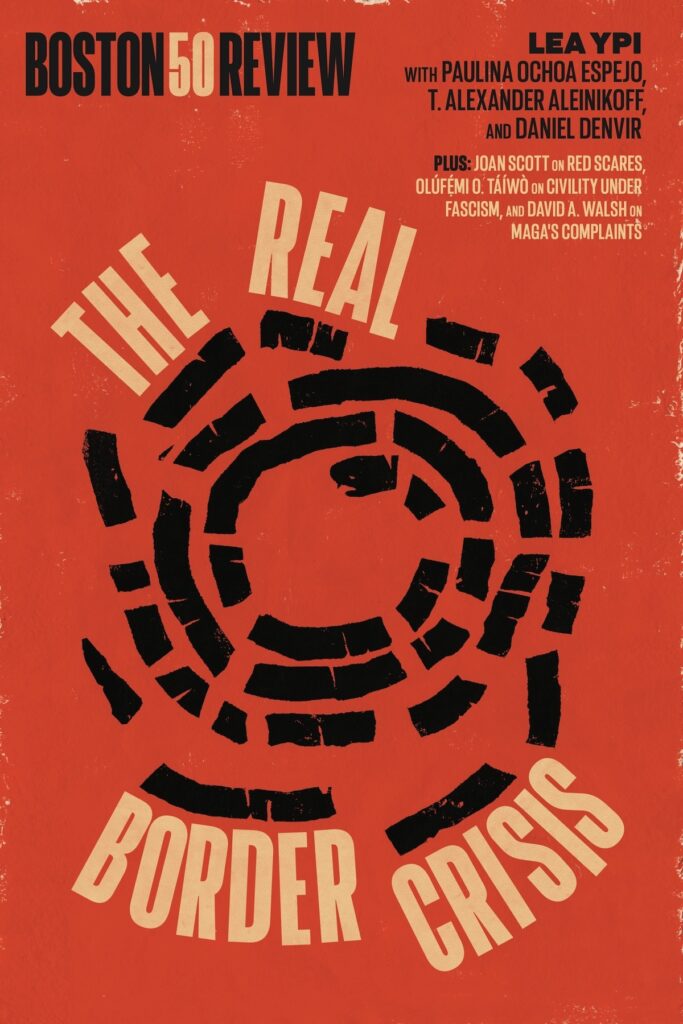The Latest
Our Most-Loved Pieces of 2025
Revisit the writing from this year that readers turned to the most.
The Struggle for Honduras
U.S. meddling casts a dark shadow over recent elections, following four years of left-wing government under Xiomara Castro.
The Real Border Crisis
The problem isn’t immigration. It’s the failure of liberal democracy itself.
The Claims of Close Reading
Literary studies have been starved by austerity, but their core methodology remains radical.
The Care Factory
In the decades since the Wages for Housework movement, care work has become a site of profit in ways its leaders could never have predicted.
Profiting in Nowhereland
The sordid histories behind Texas’s industrial-scale immigration detention center.
Sign up for our newsletter
Celebrating 50 years of Boston Review
“
This revelatory essay—so emblematic of Boston Review’s pivotal place in the public sphere—was one of the first to show how the U.S. right embraced a model of politics as permanent war, and with it, a vastly expanded imperial prerogative, in the name of opposing and remaking what its neoconservative architects viewed as a stultifying liberal order. These grand dreams ended in tears and tragedy, but rather than departing the scene, they have come home to roost.
—Nikhil Pal Singh, historian, on Corey Robin’s “Endgame” (2004)
Forums
“The anti-gender movement is hateful and wrong about more or less everything. But what they are attacking is not always something I can defend with much enthusiasm.”
—Lorna Finlayson, “Tainted Ladies”
“Even progressives who reject specific right-wing migration policies have bought into the broader politics behind them.”
—“The Real Border Crisis,” a forum led by Lea Ypi
“In our work, we assumed—before anything else, before any evidence—that there was meaning, and that we were rational, and we decided that we treat texts, ourselves, and each other this way.”
—Johanna Winant, “The Claims of Close Reading”
“Just as many men hesitated to strike on the grounds that their dependents relied on their wages, the bargaining of housewives was limited by love.”
—Emily Baughan, “The Care Factory”
